The Ultimate Step By Step Guide to Media Training: Timescale

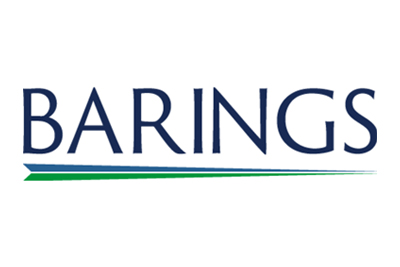
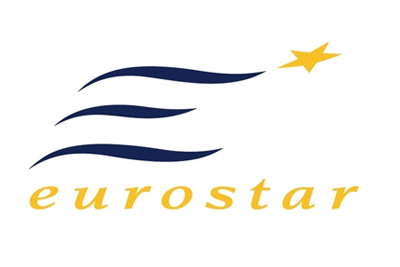
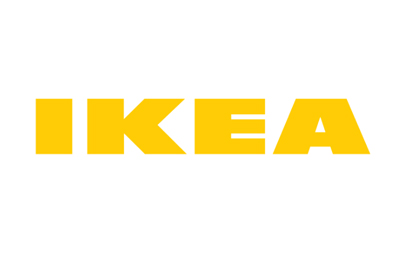
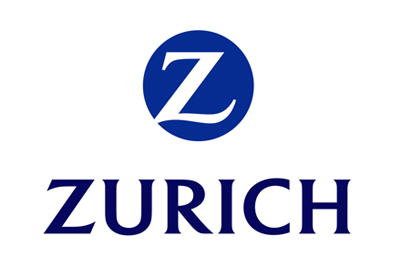
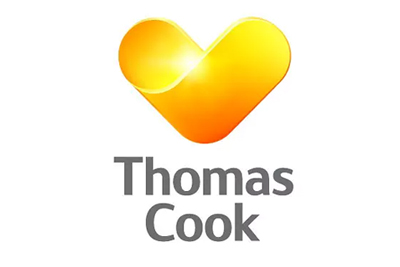
How Long Does Media Training Take?
Factors Affecting the Duration of Media Training
The duration of media training depends on several key factors:
Type of Media Training: The type of media training you require will largely determine how long the sessions will take. Basic media training, such as an introduction to interview techniques or an overview of presentation skills, can often be covered in a shorter timeframe. On the other hand, more specialised courses—like financial media training or crisis communication—often require a longer commitment to ensure that participants fully understand and can apply the necessary skills.
Depth of Training: The depth at which skills are covered will also affect how long the training takes. If you need a comprehensive course that includes everything from crafting messages, practicing interviews, managing crisis scenarios, and giving formal presentations, then a longer training programme will be necessary. More in-depth training also allows for additional practice time, which is crucial for skill mastery.
Level of Experience: Participants’ existing experience and skill levels play a significant role in determining the duration of the training. For individuals with little to no experience in engaging with the media, training will typically take longer, as foundational skills need to be developed first. Conversely, individuals who already have a basic understanding of media interactions may need only a refresher course or more focused sessions to enhance specific skills.
Training Format: Media training can be delivered in various formats, each impacting the duration differently. For example, a one-day workshop provides a condensed learning experience, covering essential skills in a short period, whereas a series of weekly sessions can allow for a more in-depth exploration of each topic. Virtual training may also provide a flexible option, allowing participants to engage with the content over an extended timeframe that fits around other commitments.
Typical Media Training Durations
While the exact duration of media training can vary, the following are common timeframes for different types of media training:
Half-Day Workshops: Half-day media training workshops are ideal for introducing the basics of media interactions. These sessions typically cover fundamental skills such as preparing key messages, controlling interviews, and understanding the media landscape. Half-day workshops are often recommended for professionals looking for a quick overview or refresher on key media skills.
Full-Day Training Sessions: Full-day sessions provide a more comprehensive exploration of media skills. Participants will have the opportunity to delve into areas such as effective messaging, managing different types of media (including print, broadcast, and online), and practicing interview techniques. Full-day training is beneficial for those seeking an immersive experience with plenty of opportunities for hands-on practice and individual feedback.
Multi-Day or Extended Training Programmes: For those requiring more extensive skills or preparing for high-stakes media interactions, multi-day or extended training programmes are often the best approach. These programmes provide an in-depth exploration of various media scenarios, from presentations and pitching to crisis communication. Multi-day sessions allow for incremental learning and multiple practice opportunities, ensuring that participants develop a high level of competence and confidence.
One-to-One Coaching Sessions: Personalised one-to-one coaching can vary in duration depending on individual needs. Typically, these sessions are tailored to focus on the specific challenges faced by the participant, such as managing a high-profile media interview or preparing for an important presentation. One-to-one coaching may involve multiple short sessions over a period of weeks or months, allowing the participant to receive continuous feedback and gradually refine their skills.
Online Training Courses: Online media training offers flexibility in terms of timing, allowing participants to work through the content at their own pace. Depending on the depth of the course, online training may take anywhere from a few hours to several weeks. This option is particularly useful for busy professionals who need to fit training around other commitments and prefer to learn at their convenience.
Choosing the Right Training Duration for Your Needs
When deciding how long your media training should take, it’s important to consider your specific goals, experience level, and available time. Here are some factors to keep in mind:
Your Media Goals: If your primary goal is to prepare for an upcoming interview or presentation, a shorter, focused training session may be sufficient. However, if you’re looking to develop a broad range of media skills for ongoing use, a longer, more in-depth programme will be beneficial.
Time Constraints: Consider how much time you can realistically dedicate to training. If you have limited availability, a half-day workshop or a series of shorter online modules might be more practical. For those who can commit more time, a multi-day training course or ongoing coaching sessions will provide greater depth and more opportunities for practice.
Need for Practice: Media skills improve with practice. If you want to ensure that you can apply what you learn confidently in real-world situations, it’s a good idea to opt for a training programme that includes multiple practice sessions. Extended programmes often incorporate simulated interviews, presentations, and crisis scenarios, providing valuable experience.
Conclusion
The duration of media training can vary widely based on your goals, experience, and the depth of training required. Whether you need a quick refresher or an in-depth programme, choosing the right duration is essential to ensure that you gain the skills and confidence needed to excel in media interactions. At Bluewood Training, we offer a variety of training options, from half-day workshops to extended programmes, all tailored to meet your unique needs. By selecting the right format and committing to ongoing learning, you can ensure your media skills remain sharp, relevant, and effective in any scenario.

